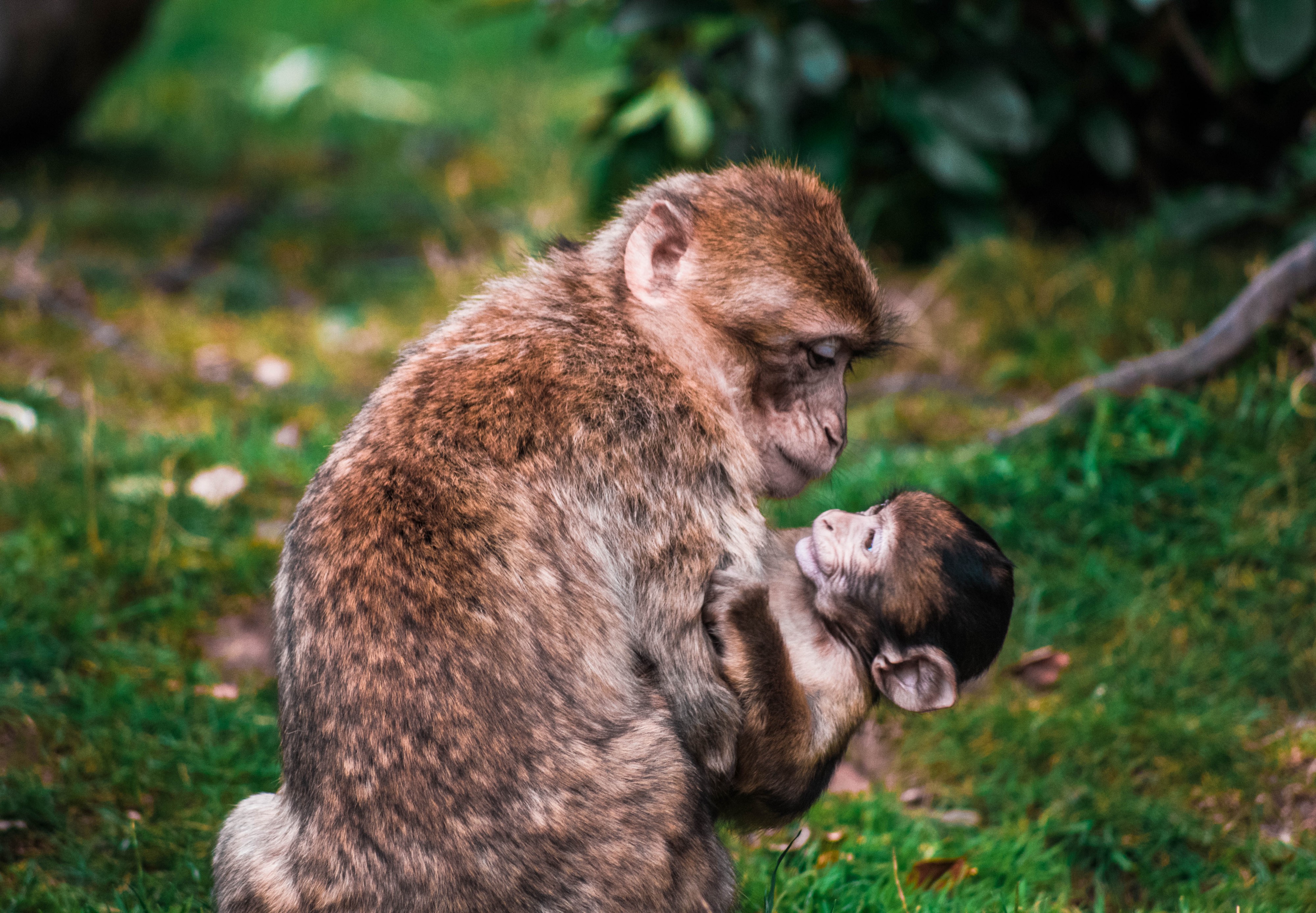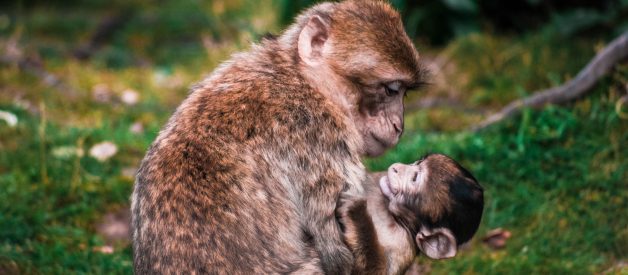Zoos don?t help animals, and they don?t help people either
 Photo: Lewis Roberts/Unsplash
Photo: Lewis Roberts/Unsplash
Going to the zoo is often seen as a fun, harmless activity to do with kids. Many children love animals and are excited to see the exotic creatures they have read about in picture books. We are told that zoos are educational and important for conservation. But others say it is cruel to keep wild animals in captivity. So which is true? Let’s take a look.
Are zoos important for conservation?
Zoos like to claim that they are doing important work by helping to conserve endangered species. However, most of the species kept in zoos are not endangered?so why are they there?
Even when endangered animals are kept and bred in zoos, they are rarely released into the wild. What is the conservation value of breeding an endangered species and forcing it to spend its entire life in a cage? This does nothing to help keep ecosystems in balance or promote biodiversity.
Additionally, zoos typically only bother with ?popular? animals such as elephants, tigers, and giraffes. There are many less popular species which are endangered, but these are ignored by zoos.
Though most zoo animals these days are bred in captivity, some?such as elephants?may be taken from the wild. Some animals are even illegally trafficked and sold to zoos. This makes the claim that zoos are important for conservation seem ludicrous.
It’s important to remember that the zoos are businesses which exist to make a profit. Their objective is to use animals as entertainment in order to make money, not to conserve the animals. There are many specialist organisations which are far better equipped to carry out wildlife conservation.
Are zoos educational?
Imagine you are transported thousands of miles from home?say to the Arctic ?and put in a small enclosure on your own. You have little in the way of entertainment, and you are not able to carry out your normal activities such as preparing food and socialising. In all likelihood, you will become depressed and miserable. If aliens came to Earth, would studying you be a good way for them to educate themselves about the human race?
This suggestion is clearly absurd, but is it really any different to what we do to animals? Most animals in zoos are a long way from their natural habitat, be that the rainforest, the Arctic, or the desert. In the wild, they may range many miles in a single day?in zoos, they are confined to small enclosures. Is it really educational to gawp at a miserable polar bear lying on a concrete slab, in a small enclosure with no ice or snow in sight?
It’s important to remember that many animals live in herds or packs in the wild. Animals in captivity, on the other hand, are often kept on their own or in pairs. Not only is this an inaccurate representation of the way they live, it also leads to loneliness and boredom.
If you want your children to learn about animals, you would be better off showing them nature documentaries than taking them to a zoo.
Are animals safe in zoos?
Zoos may not be perfect, but at least the animals are safe there, right? They are fed, cared for, and protected from predators.
Unfortunately, humans are often the most dangerous animal as far as zoo animals are concerned. Zoos like to breed baby animals because they are popular with visitors, but once they have grown up, they may no longer be wanted. They might be slaughtered, or sold on to those who care little for their welfare. Unwanted zoo animals have even been known to end up in circuses.
Animals in zoos are in a very vulnerable position, unable to defend themselves and at the mercy of humans. In the past, they have been poisoned, starved and even burnt when there is a fire at the zoo. Animals have also become ill from eating rubbish that people throw into their enclosures. When an emergency such as a natural disaster occurs, they are not given priority and they may simply be left to die.
Are animals happy in zoos?
My parents occasionally took me to zoos and safari parks as a kid, and I remember that they never quite lived up to my expectations. The animals always seemed bored and restless, and many tried to hide away from prying eyes of the visitors.
Given the information we?ve looked at so far, it should go without saying that zoo animals are not happy?in fact, some have even been put on anti-depressants. If you go to the zoo, you may see animals rocking back and forth, pacing, or displaying other odd, repetitive behaviours. These neurotic behaviours are a sign that the animals? mental health is suffering, and are never seen in the wild.
What?s the solution?
It is a uniquely human trait that we can put animals in cages, far from their natural habitats and other members of their species, and claim that we are doing them a favour. It’s about time we admitted that zoos are a purely selfish invention, designed to entertain us at the animals? expense. Animals do not enjoy being stared at and deprived of their privacy, and it is certainly not necessary to put them on display in order to ?conserve? them?in fact, it is nothing short of demeaning. Ironically, there would be no need for any form of conservation if humans had not destroyed the animals? habitats in the first place.
Some say there are good and bad zoos. This may be true, in the same sense that there are good and bad prisons. A good prison is still a prison. Even if the animals are relatively well cared for and not abused, it is doubtful that they are happy.
So what can be done? Zoos can only function if they make money. Quite simply, we need to stop supporting them. Without our money, they will be forced to close. So boycott zoos?animals are not entertainment.
Some countries have already banned zoos, and I think the time will soon come when the whole world recognises them for what they truly are. But until then, we must all do our part to raise awareness and stop animal cruelty from being profitable.
This article appeared in Seedling, a free digital magazine for all things vegan. Read it here!


